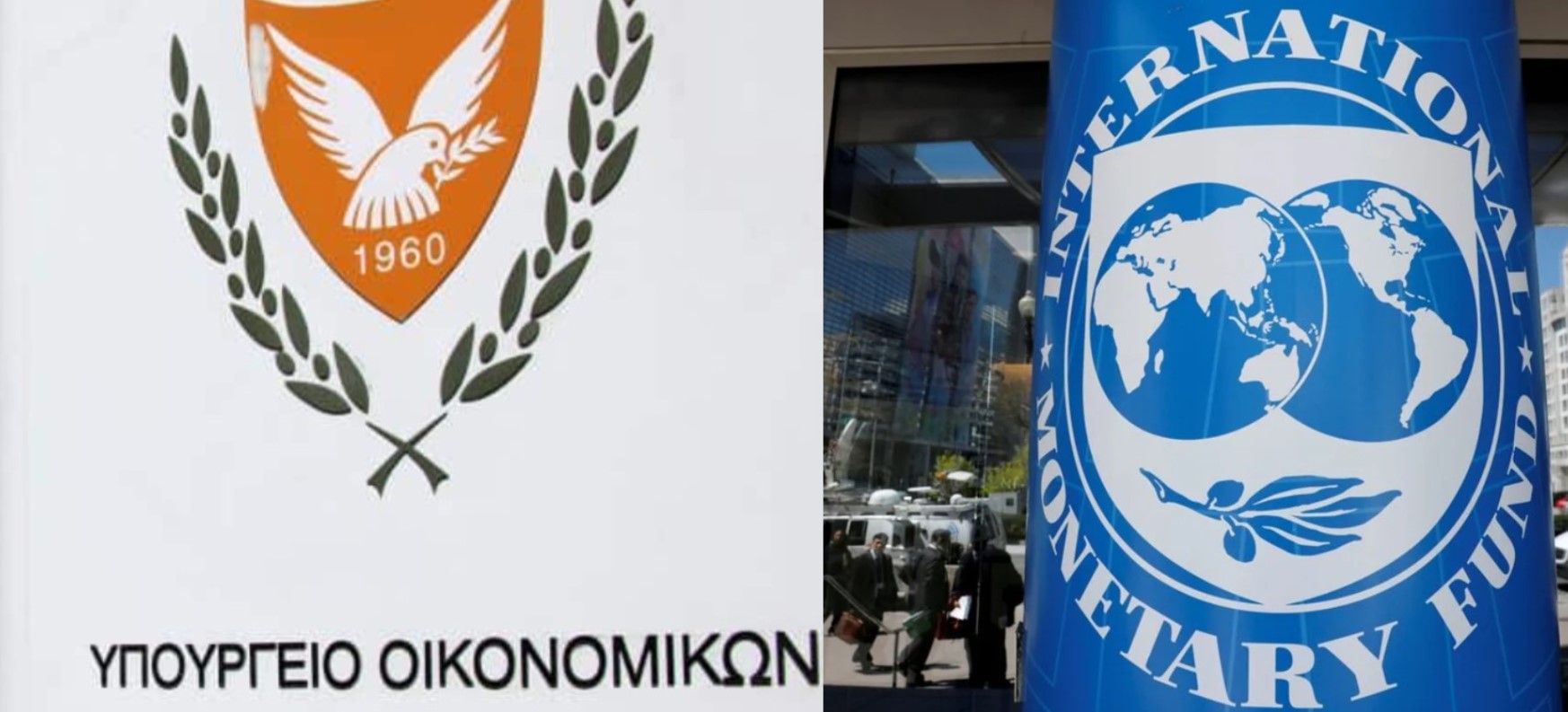Cyprus’ major trade unions, including public servants’ union Pasydy and the trade union Sek, have firmly opposed some of the International Monetary Fund’s (IMF) latest recommendations, following its Article IV mission to Cyprus.
The International Monetary Fund (IMF) recently concluded its Article IV mission to Cyprus, commending the nation’s economic resilience and fiscal discipline.
However, the IMF cautioned against fiscal relaxation, particularly concerning increases in public sector wages and the cost of living allowance (CoLA), citing potential inflationary pressures.
In response, Cyprus’ major trade unions, including the public servants’ union Pasydy and the trade union Sek, have firmly opposed the IMF’s recommendations.
Speaking to Philenews, Pasydy general gecretary Stratis Matthaiou stated that “the IMF’s proposals are more or less known and reminiscent of past eras“.
“At this moment, these specific proposals are inapplicable,” he added.
He also stressed that “that public servants have significantly contributed during times of crisis and should not be targeted again, warning that such suggestions merely cause unrest”.
Matthaiou further expressed Pasydy’s willingness to engage in dialogue with the government regarding cost containment in the public service.
However, he insisted that “any solutions should not involve reducing public servants’ salaries“.
Similarly, Sek general secretary Andreas Matsas criticised the IMF’s recommendations, recalling that similar measures were proposed during the Troika era, following the 2013 financial crisis.
“We are not even discussing such matters,” he said.
Matsas further stated that “while the European Union aims to expand collective agreements and strengthen social dialogue, the IMF’s proposals, especially regarding CoLA, are out of reason”.
The union official also argued that “wages are not the issue hindering economic development”.
Matsas called for immediate dialogue on the issue of CoLA, the extension of collective agreements, and addressing issues related to the employment of foreign workers from third countries, particularly in the hotel industry.
Moreover, he warned of “serious problems during the summer if these issues remain unresolved“, stating that the unions would not be at fault.
It should be noted that the IMF mission, led by Alex Pienkowski, acknowledged Cyprus’ impressive resilience to successive shocks and its strong economic performance, with a 3.4 per cent growth rate in 2024.
Nevertheless, the IMF advised maintaining fiscal surpluses until public debt falls comfortably below 60 per cent of GDP and cautioned against unbudgeted public sector pay increases due to ongoing inflationary risks.






Click here to change your cookie preferences